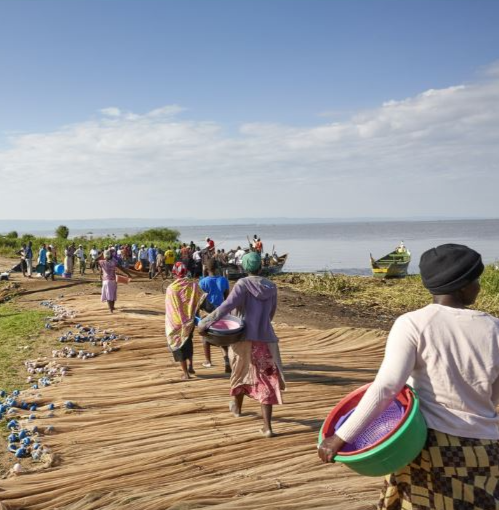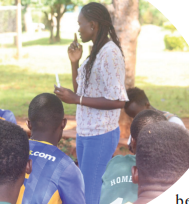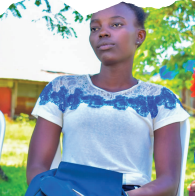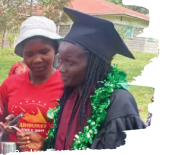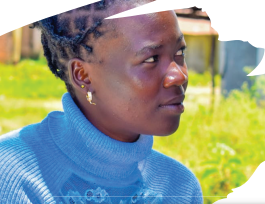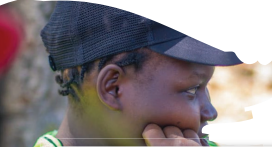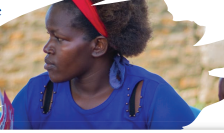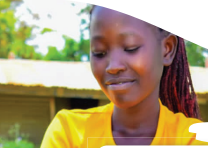Her Story Is Our Story
At dawn, Achieng walks to the shores of Lake Victoria, her heart heavy with uncertainty. The fishermen are just returning, their boats loaded with the night's catch. She is not here by choice, she is here because hunger has left her with none.
At 19, Achieng is a single mother raising a two-year-old son. She dreams of a better future for him, but in her fishing village, opportunities for women are scarce. Without land to farm, a steady job, or capital to start a business, her only option is to trade what little she has left her body.
The practice, known locally as jaboya (fish-for-sex), has ensnared generations of women in her community. The fishermen, knowing the desperation these women face, exploit them in exchange for a share of the catch.
Her story is not unique. In Kenya's fishing villages, sugar belt areas, and urban slums, thousands of young women, teenage mothers, and widows face similar struggles. Economic dependence and systemic gender inequalities force them into transactional sex just to survive.
Whether it is exchanging sex for fish at the lake, for sugar industry wages in plantations, or for food and shelter in overcrowded slums, the result is the same: exploitation, disease, and stolen dreams.
HEDSO is working to break the cycle of poverty and exploitation by providing alternative livelihood opportunities for adolescent girls, young women, and teenage mothers. Through vocational training, business support, and financial literacy programs, we equip women with the skills and resources to achieve financial independence.





.jpeg)

